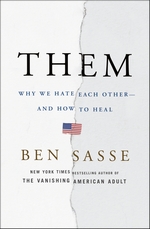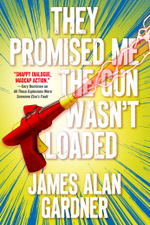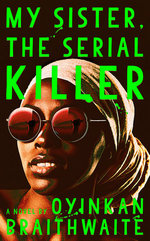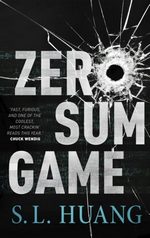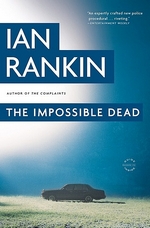 The Impossible Dead
The Impossible Dead
by Ian Rankin
Series: Malcolm Fox, #2
Hardcover, 391 pg.
Reagan Arthur Books, 2018
Read: December 24 – 26, 2018

Detective Paul Carter has been found guilty of some pretty clear-cut criminal activity. Fox and his team have been brought into investigate a neighboring force, Carter’s own, to see who might have been involved with him — or at the least covered up for him. They weren’t involved with the original investigation, but that doesn’t keep anyone from hating them as they come in for the follow-up.
Not too surprisingly, they’re getting nowhere fast. So they go fishing — not talking to the detectives they’re looking into, but witnesses and others. One of them ends up dead not long after Fox talks to him. There’s enough hinky in the crime scene, what the witness had told Fox — and the fact the detectives in charge are the same ones that Fox and his team are looking into, that Fox determines he needs to look into things.
There’s a tie between this murder and an old cold case involving a firebrand politician tied to the more militant wing of Scottish Nationalism. Fox is convinced that the two crimes are linked and he sets about proving who killed one man as a way to finding the killer of the other. This two-pronged focus of the book keeps Fox, his partners, and the readers on their toes.
Despite all the differences between the two characters (which will become even more obvious, it seems in the next Rebus book), they ultimately operate best in the same way, as lone wolves. But when Rebus goes off on his own and causes trouble, it’s just par for the course. When Fox does it, it’s out character — he’s a team player (at least he wants to be), so there’s a lot of mechanics involved in getting him off on his own. In The Complaints it took a conspiracy to isolate Fox, here, it takes one detective Fox crossed to take advantage of his tenuous link to a crime.
But on his own, Fox will do more to uncover the facts not just of the murder he’s wanting to investigate, the investigation he’s supposed to be running, and a very cold case. Yes, he does work with his friends who are still on the inside, to confirm or deepen his knowledge (and he does feed information back to them), but he’s very much on his own.
There’s a good amount of family drama again for Fox — grounding Fox and giving a dimension to the character that is good to see (even if it doesn’t always bring out the best in him).
I very much enjoyed watching Fox work — and try to stay near the system, if he can’t stay in it. The solutions to the crimes are well done — by both Fox and Rankin. We even get a little bit of a cameo-like appearance of good ol’ Rebus. Nothing about this really blew me away, but I was gripped throughout, and entertained by the whole thing. Rankin’s good enough that he doesn’t have to dazzle you as a reader to be very aware that you’re in the hands of a master. Fox would be worth following on his own, and I’m glad we got to see him for a couple of books before he comes park of the greater universe surrounding Rebus.
—–




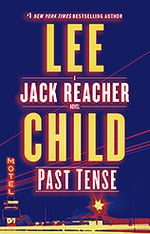




 Read a book recommended by one of your parents (in-laws count).
Read a book recommended by one of your parents (in-laws count).
